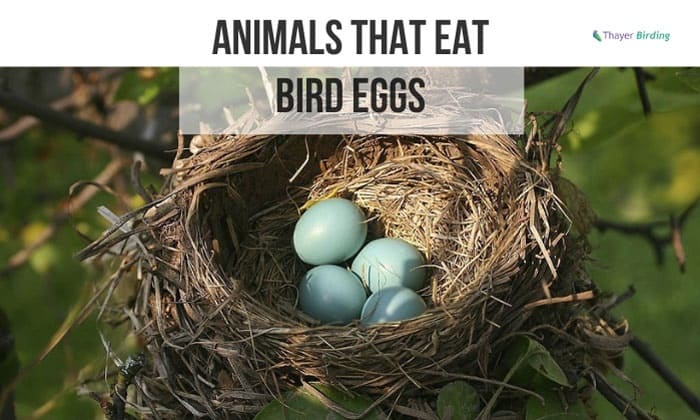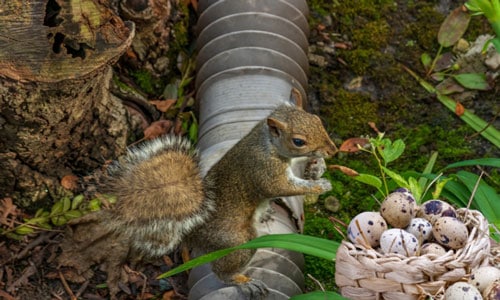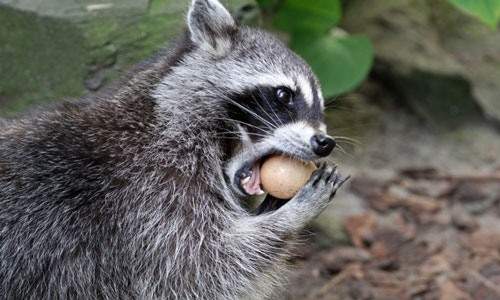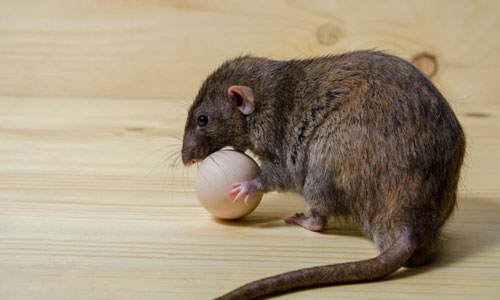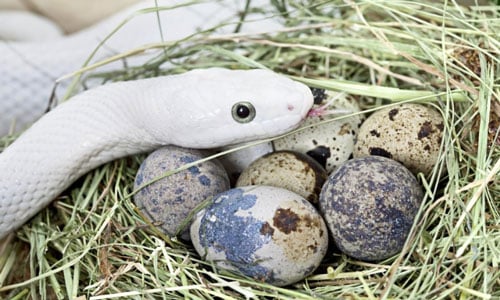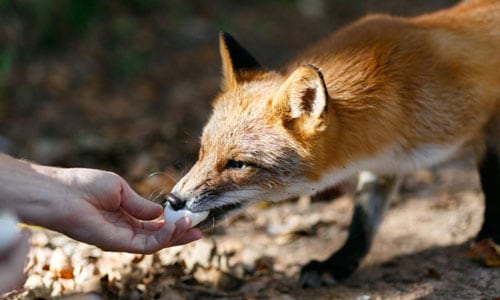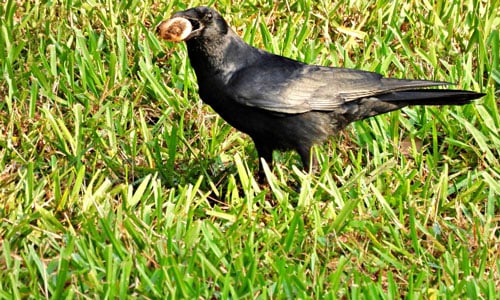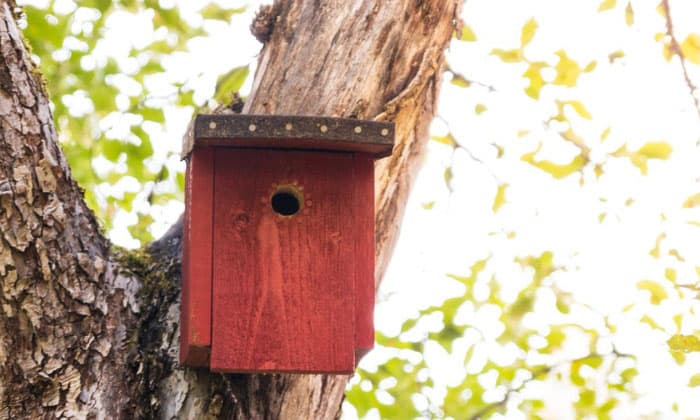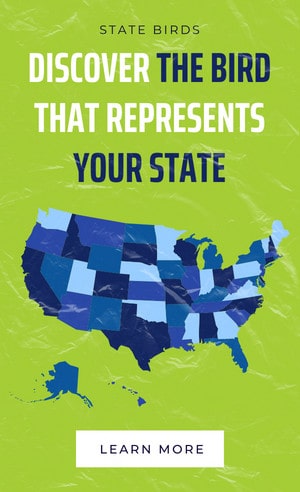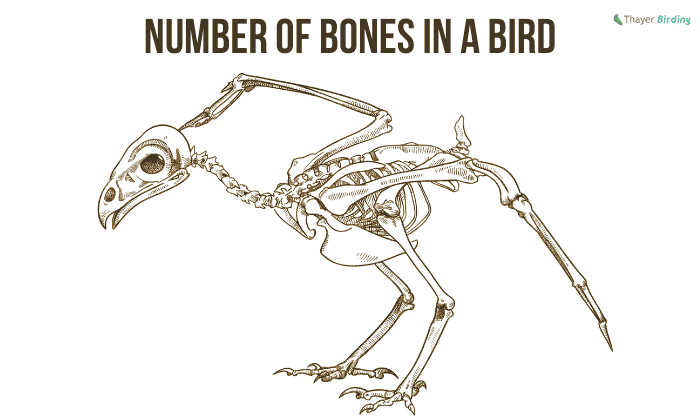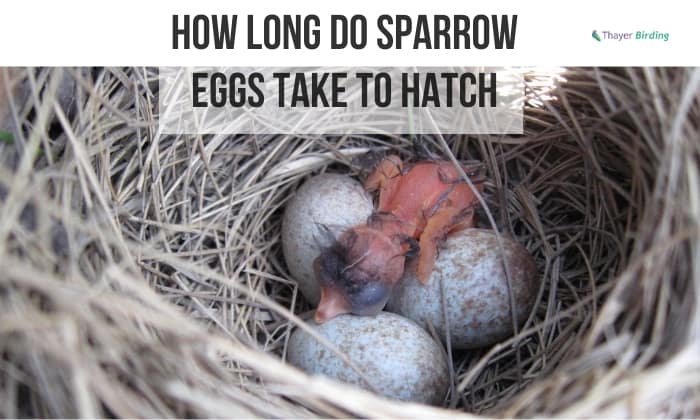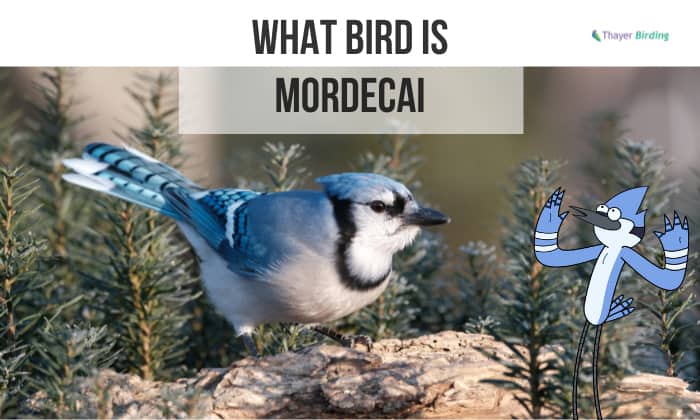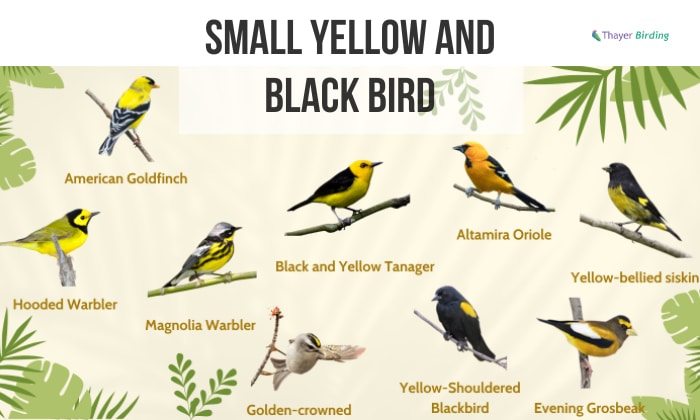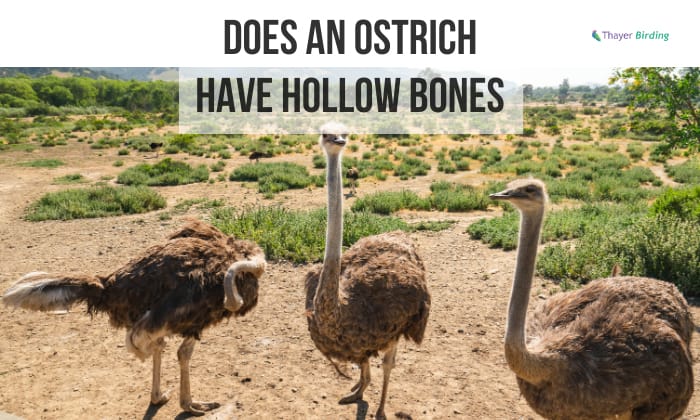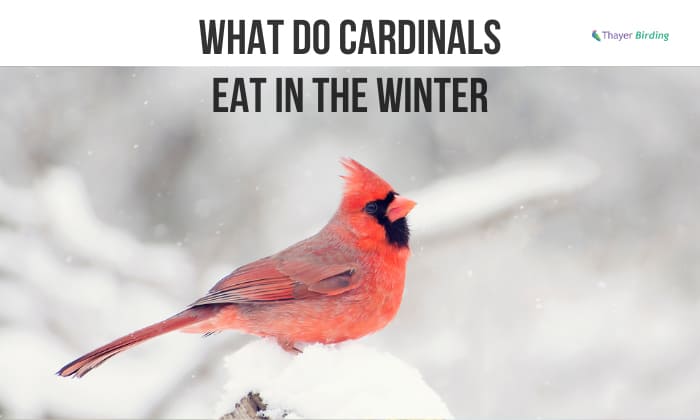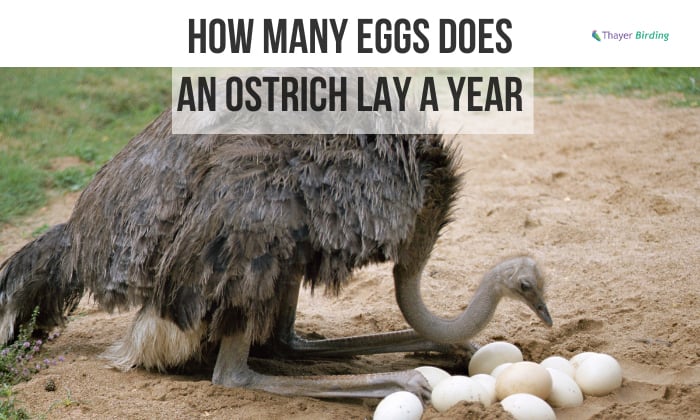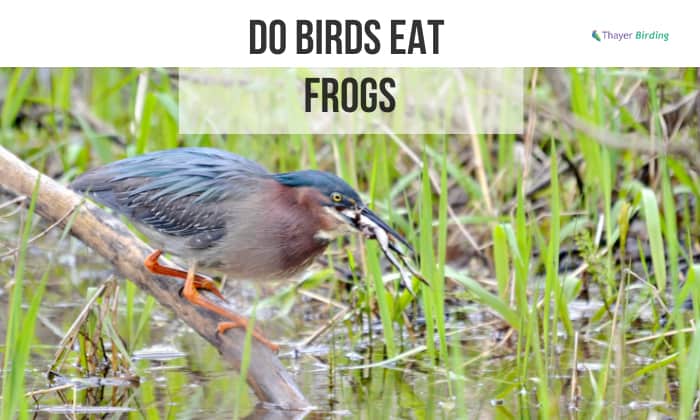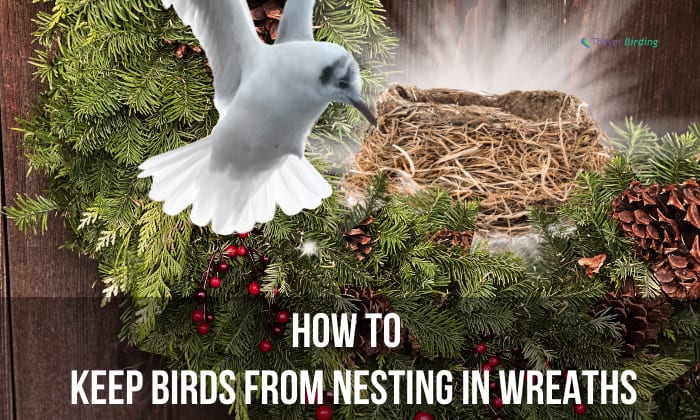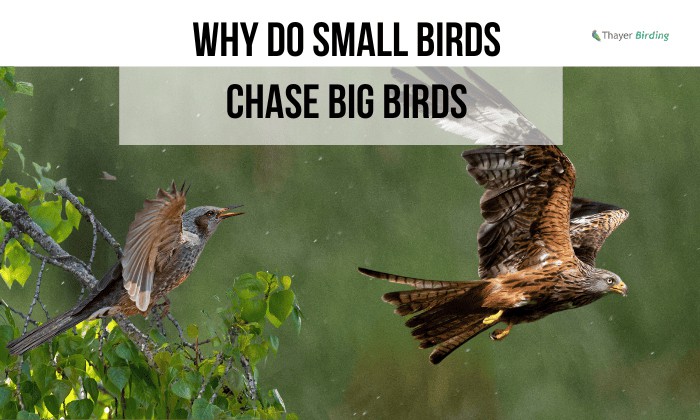Are your backyard bird eggs kept missing, or does it seem like your eggs didn’t hatch normally? It may not be alarming if it only happened once or twice. But if it keeps happening, you might be a victim of egg predation.
One reason for this is there might be animals that eat bird eggs near your home. Yes, there are animals that prey on bird eggs, such as snakes, raccoons, squirrels, and even some types of birds.
If you’re dealing with this problem, it’s best to know which animals are egg thieves and how to protect your eggs from them.
Table of Contents
Bird Egg Predators
1. Squirrels
It may be surprising for some to find squirrels in this list since many thought they only feed on nuts and seeds. However, squirrels are omnivores, and wouldn’t turn down an easy meal like bird eggs.
Like us, squirrels diversify their diets. Bird eggs contain nutrients not found in plant-based food, making them perfect for squirrels to feast on.
2. Raccoons
Like squirrels, raccoons are omnivores and eat almost anything that comes their way, including birds’ eggs. Since most raccoons dwell in tree holes, they can easily access bird nests. These egg predators are equipped with sharp teeth that can easily break the eggshell.
3. Rats
We all know that rats can eat almost anything and will scavenge for food just about anywhere. So, it’s not surprising that they’ll also eat bird eggs when the opportunity presents itself. Rats can even raid chicken coops for eggs.
4. Snakes
Snakes are well-known egg predators. These opportunistic hunters won’t skip a meal that cannot run away. A snake can easily climb up the tree, sneak inside, eat baby birds in the nest, and steal eggs. Not even birdhouses are safe from snakes.
Snakes can eat eggs whole. Common snakes that feed on bird eggs are Pine Snakes, Rat Snakes, Bull Snakes, King Snakes, and Hognose Snakes. They usually attack at night or when the nest is most vulnerable.
5. Foxes
Another common egg culprit is the fox. These omnivores are known for breaking into chicken coops, stealing eggs, and even killing and eating hens.
Foxes don’t usually eat eggs on the spot. They will bring the eggs somewhere to eat them or hide and bury them first for future consumption.
The most common birds they attack are partridges, pheasants, and mallards. They don’t eat whole eggs like snakes. Instead, they crack the eggs in their mouth, eat only the contents, and discard the eggshells.
6. Birds
Yes, even some types of birds eat other bird eggs. Crows, Common Ravens, Corvids, Blue Jays, and American Dipper, are examples of birds that steal eggs.
These birds will prey on smaller birds for their eggs or young. Most will fly over other birds’ nests and snatch away their eggs.
How Can I Protect Bird Eggs From These Predators?
There are several things you can do to protect your birds’ eggs and their young from these predators. Here are a few tips you can try.
- Choose Proper Locations for Birdhouses: Select sites that are naturally more difficult for predators to access. Consider elevated and isolated areas.
- Use Nest Boxes: Nest boxes can offer protection from ground-based predators.
- Predator Guards: Install predator guards around nest boxes or nesting sites to stop climbing predators, such as raccoons and snakes. These guards can be cones, baffles, or tubes that make it challenging for predators to reach the eggs.
- Limit Attractants: Minimize food sources that attract predators near the nesting area. For example, avoid leaving pet food or garbage in the vicinity.
- Use Repellents: Some bird-friendly repellents can startle and deter predators. However, be cautious about using repellents that could also disturb the nesting birds.
Conclusion
While these egg predators can cause a lot of trouble for your birds, it’s important not to kill them. Remember that these animals that eat bird eggs are only trying to survive.
Instead of killing or hurting these egg-eating animals, you can try the tips mentioned above to keep your birds and their eggs safe.

George and I became friends after a birdwatching trip with our new group. And we have been enjoying every adventure together. When he told me the idea of establishing a site that shares our experiences and fun, I immediately agreed. After trials and errors, here we have Thayerbirding.


